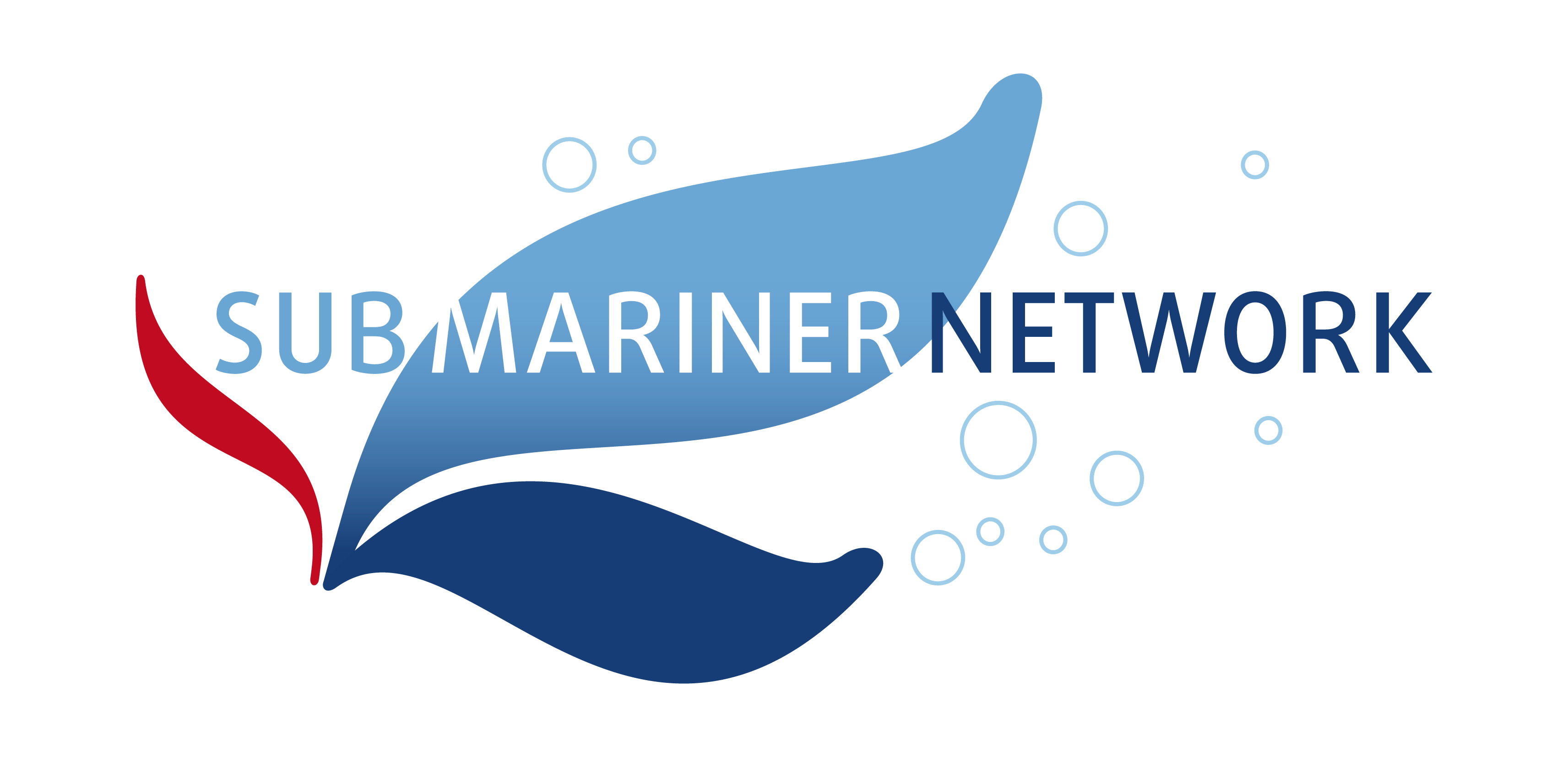The increase in production has also generated increased concerns related to impacts of the activities on local environments. Although initially concerns were directed at fish farming, the localized increase of biodeposition generated by farmed bivalves has been an issue of interest for several decades as well. There have been only a few studies on the actual impact of mussel farming on the environment. As part of the Baltic Blue Growth project, six mussel farms in different locations were investigated regarding their ecological impacts. In order to provide a good knowledge base on mussel farming impacts on the Baltic Sea environment, we will concentrate on one of these farms and examine the environmental impact results from the Sankt Anna mussel farm in Sweden.



